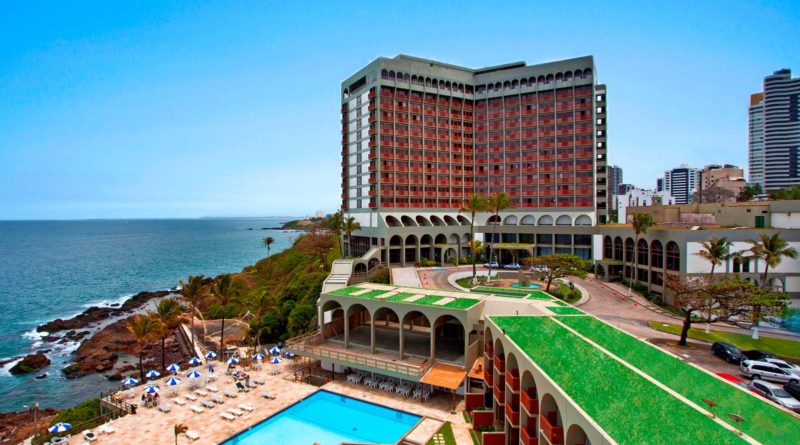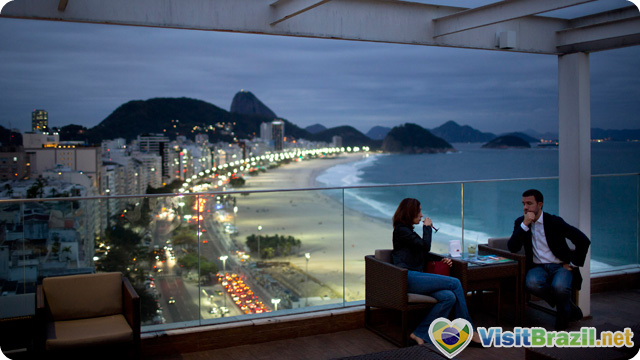Football World Cup 2014: Where to Stay and What to Do
The FIFA World Cup 2014 will be held in the enormous South American country of Brazil. There are twelve host cities, spread all across the country.
The host cities are the capital city of Brasilia, Rio de Janeiro, Sao Paula, Salvador, Fortaleza, Belo Horizonte, Recife, Porto Alegre, Cuiaba, Manaus, Natal, and Curitiba.
Booking in advance is necessary, as accommodation options fill up incredibly quickly in the host cities and neighbouring areas. It can be difficult to know where to head to, however, especially for the latter games. Brazil is such a huge country that you could book to stay somewhere, only to find that your team will be playing hundreds of kilometres away. A top tip for those that may find themselves in this situation is to get a night bus to the destination.
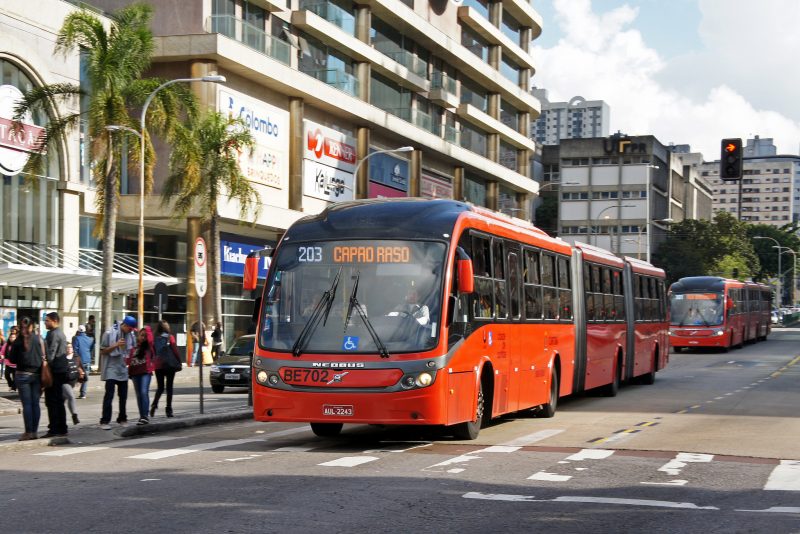
Brazil is very well connected by road, with an efficient system of buses between most major parts of the country. So, you’ll have no problems witthe transport in Brazil. Buses are a terrific option for when all the flights are booked up, and they will also save you a nights’ accommodation, as most of the long distance services run throughout the night time hours. The journeys are long and can be very tedious, but the buses themselves are usually fairly comfortable.
It may seem that many places have very few accommodation options, but it is important to bear in mind that a lot of rooms have been reserved in advance by FIFA, the media, organised tours, and similar. Some of these will probably be re-released for sale when organisations know exactly how many people they need to cater for.
Visitors should be aware that minimum stays are likely to be enforced at many accommodation choices.
As well as checking out hotels, guest houses, and hostels, visitors should also see if there are any serviced apartments available to rent. Additionally, many locals with a spare room are using the World Cup and the subsequent influx of visitors to make some extra money by letting out their rooms. This could be a great way to stay close to the action whilst also learning more about the Brazilian culture and way of life. You can also talk football with your host family.
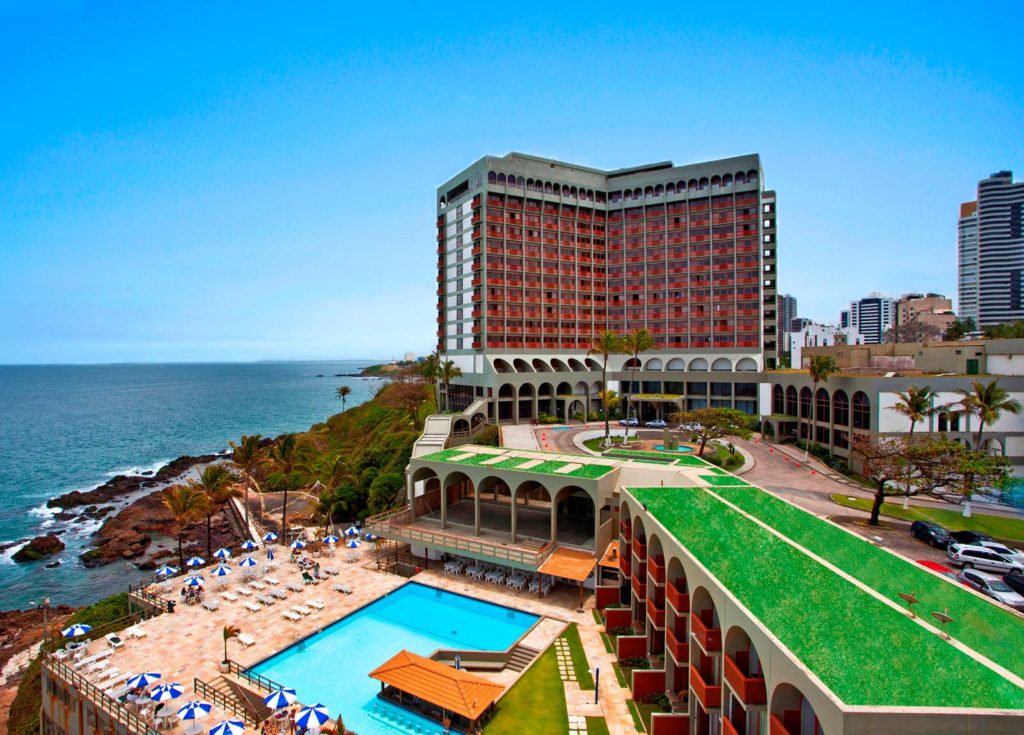
It is also well worth investigating towns and cities that are further afield; a decent bed for the night and at a lower price may be well worth a couple of hours to travel to and from the game.
People who support a team in Group G will have the easiest time in terms of getting between the stadiums with relative ease; Group G will play in the capital city and places in the north east, as well as in Manaus. Whilst flights will be the best way to get to Manaus, the other cities of Salvador, Natal, Recife, and Fortaleza are fairly close together. Most places also offer a fantastic variety of things to do away from the stadiums.
People who support a football team within Group E are likely to have the most difficult time in terms of getting between the various cities. The stadiums are a lot more spread out, including Salvador, Brasilia, Manaus, Rio de Janeiro, Porto Alegre, and Curitiba.
Brasilia is a good option for those who are unsure of where to stay, as its status as the country’s capital city means that it has a really good infrastructure and it is incredibly well connected to the vast majority of other places around Brazil, making is easy to get from Brasilia to where your team is playing. It is also not a major tourist hotspot, so whilst there are not so many compelling attractions in the city itself, it will almost likely have the greatest number of available accommodation options.
Mainly a governmental and administrative city, there are plenty of beds. It is an easy to navigate city, with districts dedicated to particular things – there is a residential district, a night life area, a concentrated neighbourhood known for its cuisine, and so forth.
When in Brasilia you can visit the National Congress, an impressive cathedral, a variety of museums, art galleries, and memorials, and the botanical gardens. There are also some nice parks and areas of natural interest around the city, and there are many places to eat, drink, and shop.
Those travelling to watch games in Recife should be aware that the stadium is not actually in the city, rather, it is in another city called Sao Lourenco da Mata. Sao Lourenco da Mata is in the Recife metropolitan area, and as it does not usually see many visitors it does not have the required tourism infrastructure. Accommodation options are scarce, and there are not so many places for people to eat and drink. Anyone attended a football match at this stadium should look at staying in the city of Recife and finding a way to travel to and from the game. There is likely to be ample transportation available to cope with the large numbers of people wanting to make the journey. In Recife you can stroll around the Old Town, relax on stunning beaches, take a boat ride on one of the city’s many waterways, and venture into the nearby rainforests.
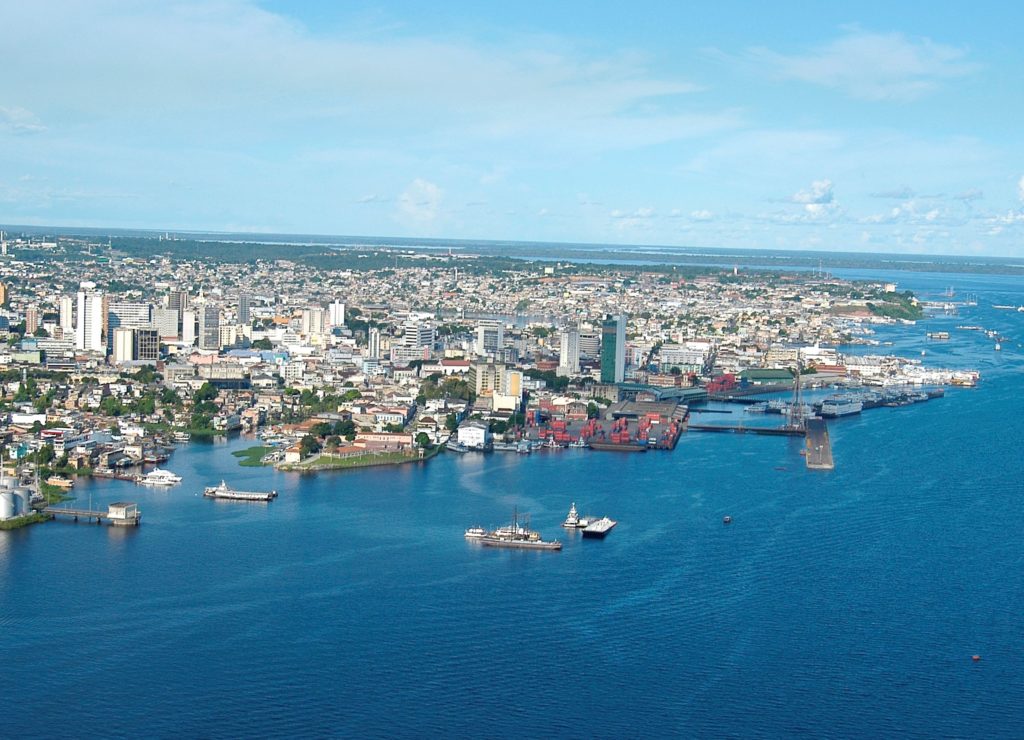
Manaus will have many options of other things to do for visitors, as it is a major gateway to the stunning and vast Amazon rainforest. Regular tourist trips have mostly been cancelled over the World Cup period, due to the vast numbers of people who will already be in the city to watch the football. This means that there will be great opportunities to explore this wonderful and natural area without so many people. You can take a trip along the Amazon River, the second longest river in the world, as well as seeing the diverse wildlife that calls the jungle home. There are also native indigenous tribes that live in the jungle, and you can arrange to go and visit these rainforest communities. Seaplane trips to see the Anavilhanas archipelago are very popular.
You will not be short of things to do in the frenetic city of Rio de Janeiro. It combines fascinating culture, wonderful sights such as Christ the Redeemer, a beautiful harbour, and pristine beaches. The night scene in Rio is renowned for being lively, fun, and diverse.
Brazil’s largest city of Sao Paulo offers many things to do before and after football matches. Escape into the jungle, enjoy the night life, and enjoy life in this bustling Brazilian city.
Salvador is a great spot to enjoy different water sports, as well as soak up some sun on the lovely beaches. There is also plenty of culture and a thriving arts scene. It is an old city with a colonial past.
Fortaleza offers easy access to many fine beaches and traditional fishing villages. It has great shopping and a laid back atmosphere. In Natal, the sand dunes offer lots of excitement and beautiful views.
Each host city can lay claim to great attractions and numerous things to do and see.
When in Brazil, some other places to visit to make the most of your trip include the stunning Iguazu Falls, the natural paradise of Parati, and the stunning colonial town of Ouro Preto.

